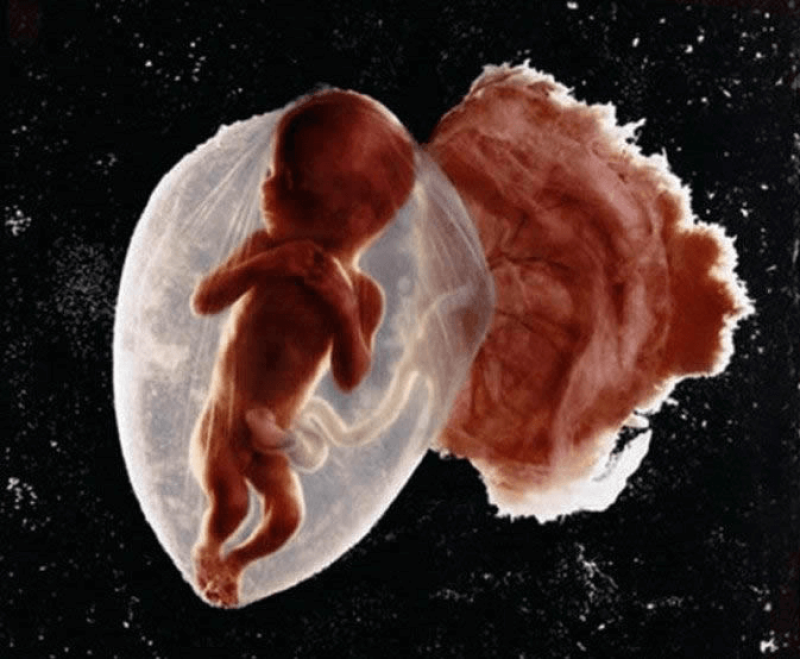In the months since the Supreme Court overturned Roe v. Wade, it has become unavoidable, as activists and politicians try to squeeze concrete answers from an eternal question of human existence.
Lawmakers and judges from Arizona to South Carolina have been reviewing exactly which week of development during pregnancy the procedure should be allowed. Some states draw the line at conception, or six weeks or 15 or around 40. Many others point to viability, the time when a fetus can survive outside the uterus. The implication is that after the determined time, the developing embryo or fetus is a human being with rights worth protecting.
The question of when human life begins is a difficult one, but Dr. Kingma believes society should turn its attention to what she feels is the larger, even harder question: “What kind of entitlement on the body of another does a human have?”
…
In the United States, there has long been a unique focus on the individual, and individual freedoms, often instead of the community or ecosystem. For the question of a new human life, that has led to an either/or priority on the pregnant woman or the developing baby.
“We think we are having a debate in the United States about when life begins, but we are not,” said Agustín Fuentes, an anthropologist at Princeton University. “We are having a debate about when society is going to decide that the person counts. And not only when the person counts, but which person counts more.”































